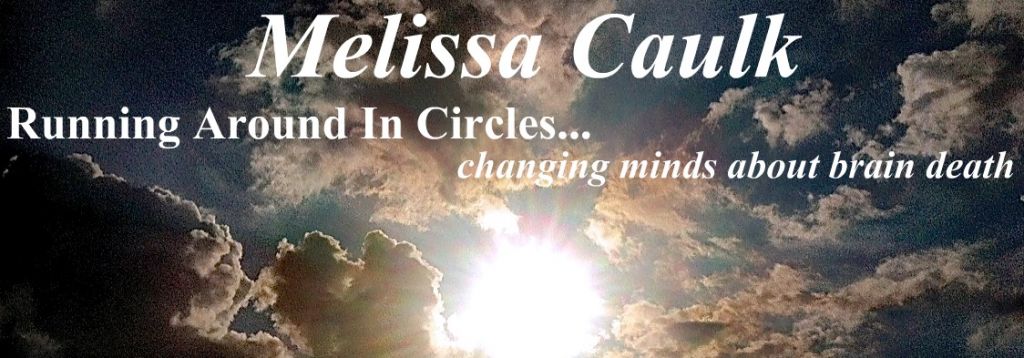Doctors who want to change the conversation about brain death.
Dr. Robert Truog, Harvard Medical School and Boston Children’s Hospital and Dr. Frank Miller, National Institute of Health
We seek to change the conversation about brain death by highlighting the distinction between brain death as a biological concept versus brain death as a legal status. The fact that brain death does not cohere with any biologically plausible definition of death has been known for decades. Nevertheless, this fact has not threatened the acceptance of brain death as a legal status that permits individuals to be treated as if they are dead. The similarities between “legally dead” and “legally blind” demonstrate how we may legitimately choose bright-line legal definitions that do not cohere with biological reality. Not only does this distinction bring conceptual coherence to the conversation about brain death, but it has practical implications as well. Once brain death is recognized as a social construction not grounded in biological reality, we create the possibility of changing the social construction in ways that may better serve both organ donors and recipients alike.
American Journal of Bioethics, 14(8):9-14,2014
Both doctors have written extensively about brain death and ethics in organ donation. I have quoted them many times here as they became famous for their term brain death as a legal fiction and brain death is as good as dead.
“Although it is clear that brain death is not the same as death, moreover, brain death does correspond to the loss of an ability to interact with others and the world in meaningful ways. With consent for withdrawing therapy and a separate consent for organ donation, it is reasonable for brain-dead patients to serve as organ donors, and it may even serve to leave behind a valuable legacy of having saved the lives of others.
It makes sense ethically to employ a status legal fiction to ensure that brain-dead donors can be treated as dead for the purposes of vital organ donation and withdrawal of therapy.”I radically disagree with them on their theory of being able to withdraw life support to donate organs.”
Although they have argued for exposing this legal fiction they have also said brain death and true death should be treated the same for harvesting organs.
 I applaud them in understanding that brain death is NOT true death and wanting to expose the legal, medical fiction of brain death.
I applaud them in understanding that brain death is NOT true death and wanting to expose the legal, medical fiction of brain death.
Dr.Alan Shewmon, UCLA, and former advocate for brain death who has changed his mind, compiled 150 documented cases of brain-dead patients whose hearts continued to beat, and whose bodies did not disintegrate, past one week’s time.
In one remarkable case, the patient survived 20 years after brain death before succumbing to cardiac arrest. Dr. Shewmon has successfully documented and published on somatic integration of the human body and all its functions.
LIFE processes after pronouncing brain death
- Cellular wastes continue to be eliminated, detoxified, and recycled.
- Body temperature is maintained, though at a lower than normal temperature and with the help of blankets.
- Wounds heal.
- Infections are fought by the body.
- Infections produce fever.
- Organs and tissues continue to function.
- Brain-dead pregnant women can deliver a baby.
- Brain-dead children mature sexually and grow proportionately.










